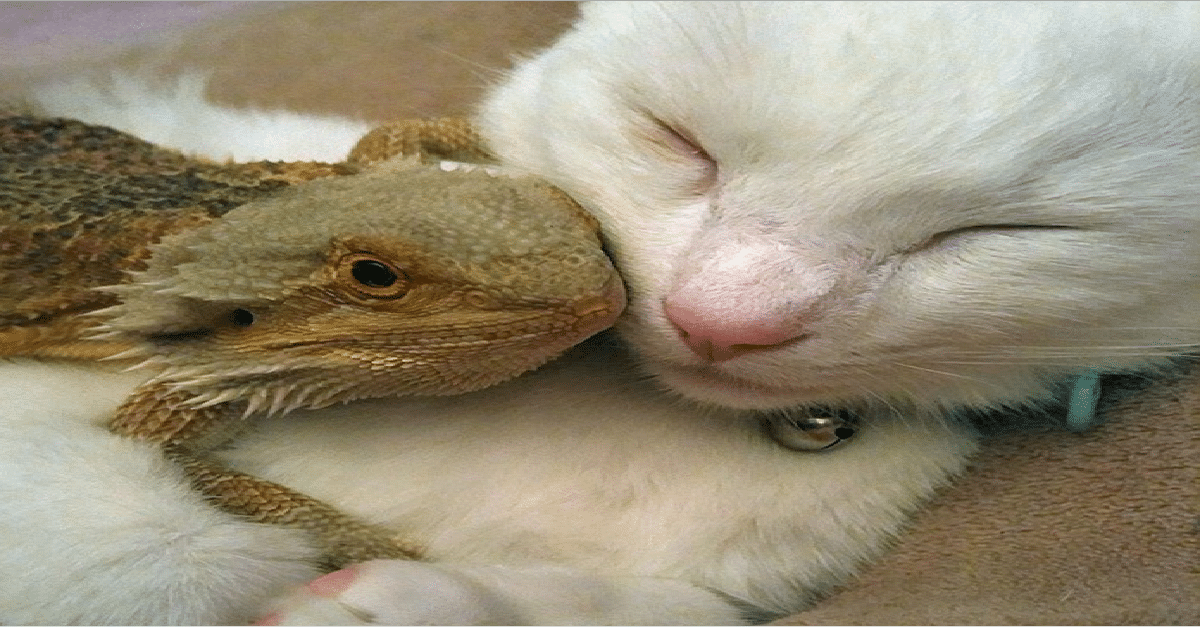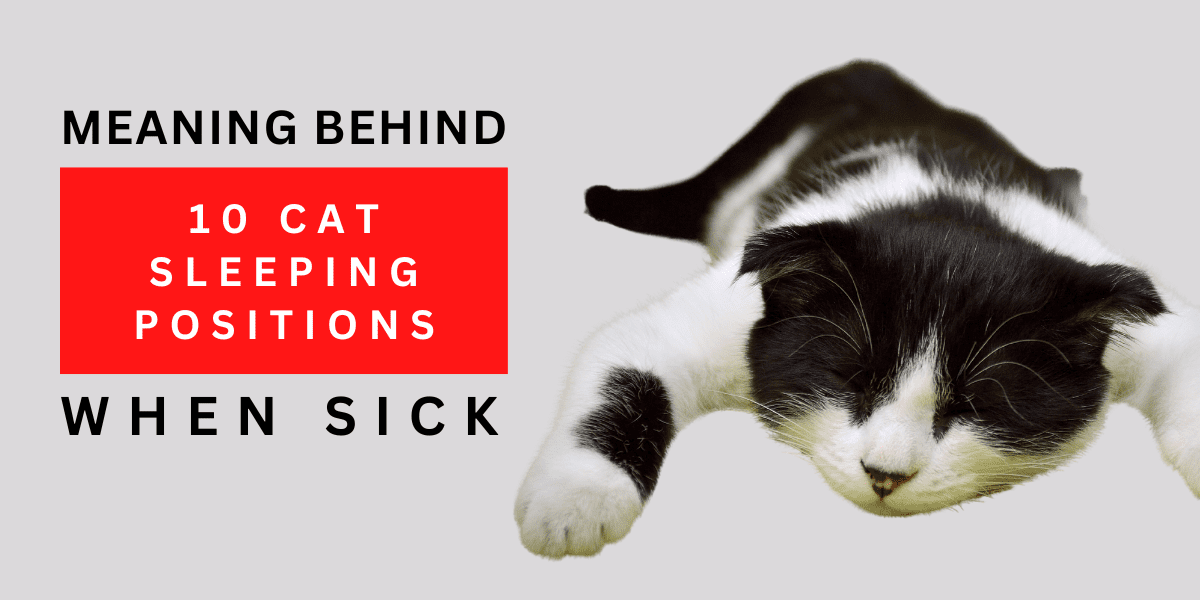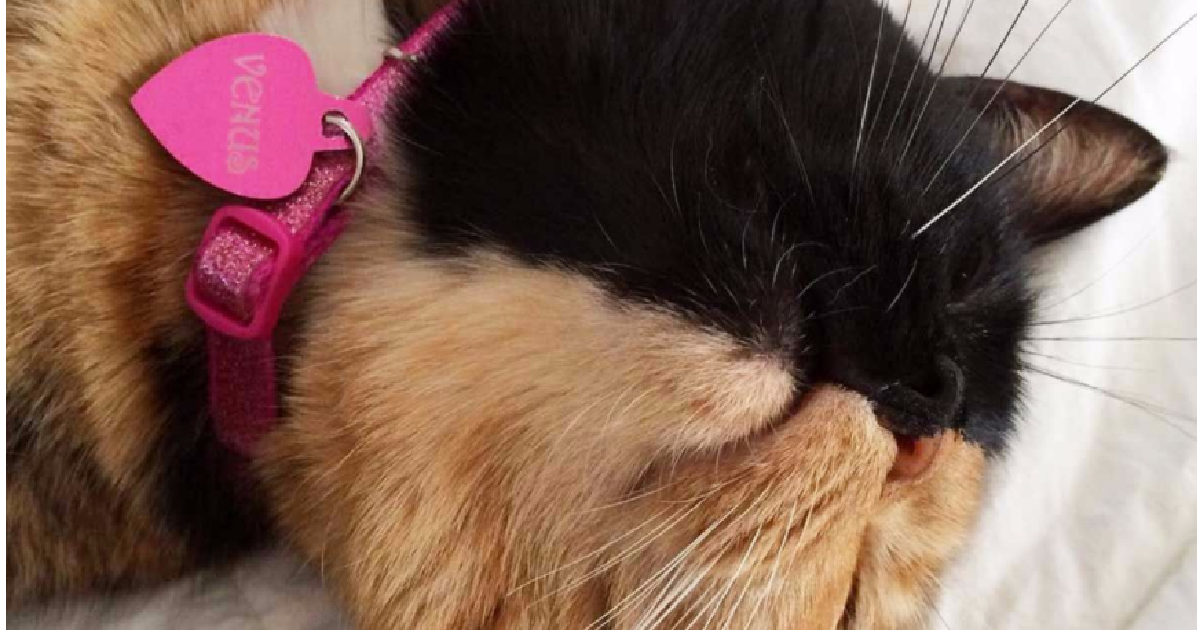When it comes to our furry friends, their dental health is just as important as ours. Cats, like humans, can experience dental issues that may require tooth extraction. However, many cat owners are concerned about the cost of this procedure and whether it is affordable. In this article, I will break down the cost of tooth extraction for cats, explore factors that can affect the cost, discuss common reasons for extraction, and provide tips on dental care and prevention. Let’s dive in!
Tooth Extraction Cat Cost
- The cost of tooth extraction for cats can vary based on factors like the number and type of teeth being extracted, additional procedures needed, and location.
- Cat owners can expect to pay between $500 and $1,150 for tooth extraction on average, with more complex cases costing more.
- Several factors can influence the cost of tooth extraction, including the number of teeth, infections, and location.
- Common reasons for cat tooth extraction include decay and disease development, crowding, and fractures.
- Regular dental care and preventive measures can help reduce the need for tooth extraction.
Factors Affecting the Cost of Cat Tooth Extraction
When it comes to the cost of cat tooth extraction, several factors can influence the final price. It’s important to understand these factors to make an informed decision about your cat’s dental care.
The number and type of teeth requiring extraction play a significant role in determining the cost. In general, more teeth or complex cases may require additional procedures and time, resulting in a higher cost. Additionally, factors such as infections, abscesses, blood work, x-rays, medications, and location can also affect the overall cost.
Each veterinary clinic may have different pricing structures, so it’s crucial to contact your veterinarian for a detailed estimate specific to your cat’s needs. By comparing costs and discussing your financial constraints with your vet, you can ensure that your cat receives the necessary dental care at an affordable price.
Common Reasons for Cat Tooth Extraction
There are several common reasons why a cat may require tooth extraction. Decay and disease development, such as periodontal disease, can lead to the need for extraction. Other common reasons include crowding, where too many teeth grow in a small space, and fractures caused by accidents or feline odontoclastic resorptive lesions. Extracting a tooth may be necessary to relieve pain and prevent further infection. It’s important to consult with a veterinarian to accurately diagnose the need for tooth extraction and ensure the best course of treatment for your cat’s dental health.
Decay and disease are significant factors that can result in cat tooth extraction. This includes periodontal disease, which occurs when bacteria build up on the teeth and cause inflammation and infection. Periodontal disease can progress if left untreated, leading to tooth loss and severe oral health issues. In these cases, tooth extraction may be necessary to remove the source of infection and prevent it from spreading further.
Crowding is another common issue that may require tooth extraction in cats. When a cat’s mouth is overcrowded, teeth may grow in a way that affects their alignment and overall oral health. This can lead to discomfort, difficulty eating, and an increased risk of dental disease. In some cases, extracting one or more teeth can help alleviate the crowding and improve the cat’s wellbeing.
Accidents or traumatic injuries can also result in the need for tooth extraction. Fractures can occur due to feline odontoclastic resorptive lesions (FORLs), which cause the enamel and dentin to erode. This erosion can weaken the tooth structure and make it prone to fractures. In such cases, extraction may be necessary to eliminate pain and prevent further damage.
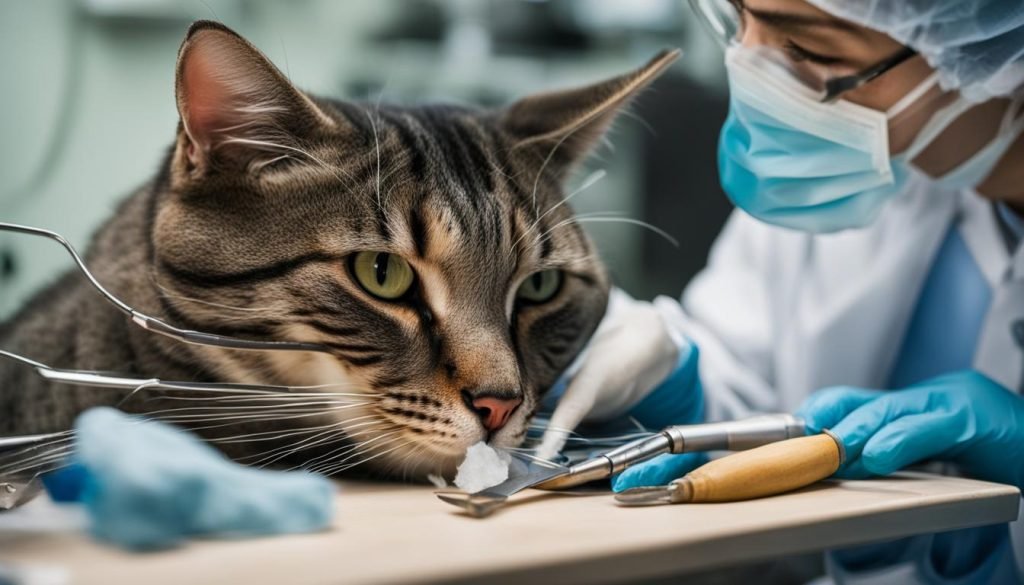
Cat Dental Care and Prevention
Regular dental care is essential for cats to ensure their overall health and prevent the need for tooth extraction. Here are some tips for maintaining your cat’s dental health:
- Annual Dental Checkups and Cleanings: Schedule regular visits to the veterinarian for dental checkups and professional cleanings. These appointments can help identify any dental issues early on and prevent them from worsening.
- At-Home Dental Care: Supplement your cat’s dental care routine with at-home practices. This includes providing dental chews and treats designed to promote oral health. Consider using special food formulated for dental care and water additives that can help reduce plaque and tartar buildup.
- Regular Brushing: Brush your cat’s teeth regularly using a cat-specific toothbrush and toothpaste. This helps remove plaque and prevent the development of dental disease.
By incorporating these preventive measures into your cat’s routine, you can maintain their oral hygiene and reduce the risk of dental disease. Consulting with your veterinarian will help determine the best dental care routine for your cat’s specific needs.
Post-Extraction Care for Cats
After a tooth extraction procedure, it’s crucial to provide proper care for your cat during their recovery. Here are some essential steps to follow:
Create a Safe and Comfortable Space
Ensure your cat has a quiet and cozy area to rest and recover. Set up a warm bed or blanket and provide a hiding spot if they prefer. Limit their activity to prevent any unnecessary strain.
Offer Soft Foods
Your cat may experience discomfort or sensitivity after the tooth extraction. Offer soft foods that are easy to eat, such as wet food or mashed-up kibble mixed with water. Avoid hard treats or chew toys during this time.
Administer Prescribed Medication
Your veterinarian may prescribe pain medication, antibiotics, or other post-op medication to aid in your cat’s recovery. Follow the dosage instructions carefully and ensure they receive the full course of medication.
Monitor for Complications
Keep a close eye on your cat for any signs of complications, such as excessive bleeding, swelling, or difficulty eating or drinking. If you notice anything concerning, contact your veterinarian immediately.
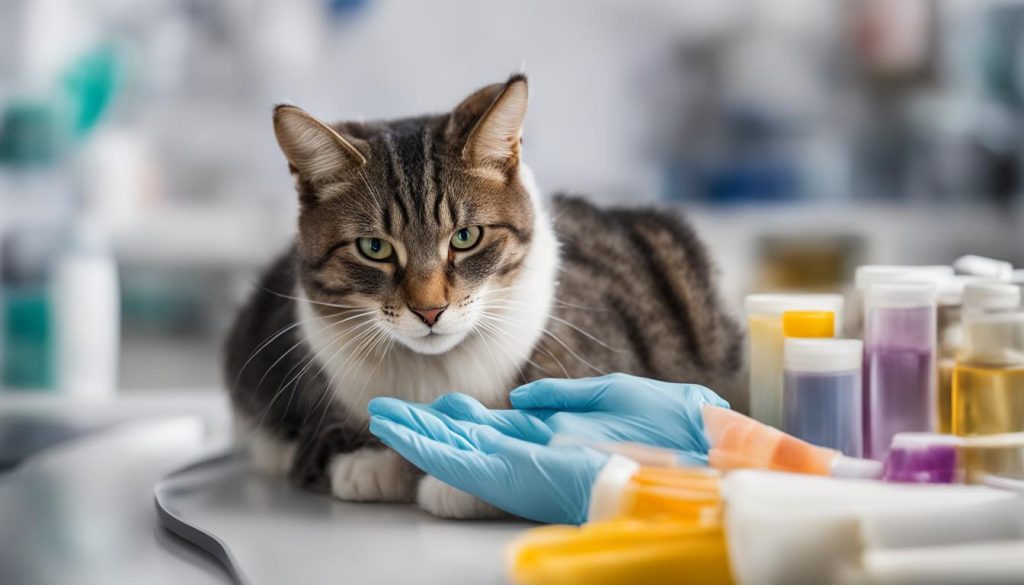
Follow-Up Check-Ups
Your vet may recommend follow-up check-ups to monitor your cat’s recovery progress. Schedule these appointments accordingly to ensure any issues are addressed promptly.
The cost of post-extraction care may vary depending on the veterinary clinic, any necessary medications, or additional treatments. Discuss the anticipated costs with your veterinarian to plan for any financial considerations.
Insurance Coverage for Cat Dental Care
While the cost of cat dental care, including tooth extraction, can be a concern for pet owners, it’s essential to explore all available options to make it more affordable. One such option is pet insurance. Some pet insurance policies may offer coverage for dental procedures, helping to alleviate the financial burden associated with cat dental care.
When considering insurance coverage for cat dental care, it’s important to note that coverage for pre-existing conditions may vary. It’s essential to contact your specific insurance provider to understand the details of your coverage and any limitations.
By reviewing the terms and limitations of your insurance policy, you can determine whether dental care, including the cost of cat tooth extraction, is covered. This knowledge will help you plan and prepare financially for dental procedures that your cat may require.
It’s also recommended to discuss your financial constraints with your veterinarian. They can provide guidance on finding affordable options and payment plans for necessary dental procedures. Your veterinarian understands the importance of cat dental health and can help you navigate the available resources to ensure your cat receives the necessary dental care.
Conclusion
Tooth extraction for cats is a crucial procedure for maintaining their dental health and overall well-being. While the cost may vary depending on factors such as the number of teeth needing extraction and additional procedures, there are budget-friendly options and affordable dental care available. By discussing your options with your veterinarian, you can find cost-effective solutions for your cat’s dental needs.
It’s important to remember that routine dental care and preventive measures play a significant role in reducing the likelihood of tooth extractions. Regular check-ups, professional cleanings, and at-home dental care can help prevent dental issues and minimize the need for expensive procedures.
To create a dental care plan that suits your cat’s needs and budget, consult with your veterinarian. They can provide guidance on which preventive measures are best for your cat and help you find affordable options. Investing in your cat’s dental health now can save you money in the long run by preventing more serious health issues down the line.
FAQ
How much does tooth extraction for cats cost?
How much does tooth extraction for cats cost?
FAQ
How much does tooth extraction for cats cost?
The cost of tooth extraction for cats can vary depending on factors such as the number and type of teeth being extracted, additional procedures needed, and location. Estimates typically range from to 0 per tooth, but the total cost can be higher when considering other services like check-ups, anesthesia, x-rays, pain relief, and antibiotics. On average, cat owners can expect to pay between 0 and
FAQ
How much does tooth extraction for cats cost?
The cost of tooth extraction for cats can vary depending on factors such as the number and type of teeth being extracted, additional procedures needed, and location. Estimates typically range from $60 to $140 per tooth, but the total cost can be higher when considering other services like check-ups, anesthesia, x-rays, pain relief, and antibiotics. On average, cat owners can expect to pay between $500 and $1,150 for tooth extraction, with more complex cases costing more. It’s important to consult with your veterinarian for a detailed estimate specific to your cat’s needs.
What factors can influence the cost of cat tooth extraction?
Several factors can influence the cost of tooth extraction for cats. The number and type of teeth requiring extraction play a significant role, as more teeth or complex cases may require additional procedures and time. Other factors include infections, abscesses, blood work, x-rays, medications, and location. Prices can vary between veterinary clinics, so it’s essential to contact your veterinarian for a detailed estimate specific to your cat’s needs. Comparing costs and discussing financial constraints with your vet can help ensure your cat receives necessary dental care at an affordable price.
What are common reasons for cat tooth extraction?
There are several common reasons why a cat may require tooth extraction. Decay and disease development, such as periodontal disease, can lead to the need for extraction. Other common reasons include crowding, where too many teeth grow in a small space, and fractures caused by accidents or feline odontoclastic resorptive lesions. Extracting a tooth may be necessary to relieve pain and prevent further infection. It’s important to consult with a veterinarian to accurately diagnose the need for tooth extraction and ensure the best course of treatment for your cat’s dental health.
How can I prevent the need for cat tooth extraction?
Regular dental care is essential for cats to ensure their overall health and prevent the need for tooth extraction. Annual dental checkups and cleanings are recommended, with professional cleanings typically costing between $200 and $300. At-home dental care can also be beneficial, including dental chews, treats, special food, water additives, and brushing your cat’s teeth regularly. These preventive measures can help maintain good oral hygiene and reduce the risk of dental disease. It’s important to consult with your vet to determine the best dental care routine for your cat.
What should I do after my cat has a tooth extraction?
After a tooth extraction procedure, it’s crucial to provide proper care for your cat during their recovery. This includes creating a safe and comfortable space for them, offering soft foods that are easy to eat, administering any prescribed post-op medication, and closely monitoring for any complications. It’s essential to follow your veterinarian’s instructions and schedule any recommended follow-up check-ups. The cost of post-extraction care may vary depending on the veterinary clinic and any necessary medications or additional treatments.
Does pet insurance cover cat tooth extraction?
Some pet insurance policies may help cover the cost of dental care, including tooth extraction, for cats. However, coverage for pre-existing conditions may vary, and it’s important to check with your specific insurance provider for details. Insurance coverage can help alleviate some of the financial burden associated with cat dental care, but it’s essential to review the policy terms and limitations. Additionally, discussing financial constraints with your veterinarian can help find affordable options and payment plans for necessary dental procedures.
How can I find affordable tooth extraction for my cat?
Tooth extraction for cats can be a necessary procedure to maintain their dental health and overall well-being. While the cost may vary depending on several factors, including the number of teeth requiring extraction and additional procedures, budget-friendly options and affordable dental care can be found by discussing options with your veterinarian. Routine dental care and preventive measures are crucial in reducing the need for tooth extraction. Consult with your vet to create a dental care plan that suits your cat’s needs and budget. Remember, investing in your cat’s dental health can help prevent more serious health issues in the long run.
,150 for tooth extraction, with more complex cases costing more. It’s important to consult with your veterinarian for a detailed estimate specific to your cat’s needs.
What factors can influence the cost of cat tooth extraction?
Several factors can influence the cost of tooth extraction for cats. The number and type of teeth requiring extraction play a significant role, as more teeth or complex cases may require additional procedures and time. Other factors include infections, abscesses, blood work, x-rays, medications, and location. Prices can vary between veterinary clinics, so it’s essential to contact your veterinarian for a detailed estimate specific to your cat’s needs. Comparing costs and discussing financial constraints with your vet can help ensure your cat receives necessary dental care at an affordable price.
What are common reasons for cat tooth extraction?
There are several common reasons why a cat may require tooth extraction. Decay and disease development, such as periodontal disease, can lead to the need for extraction. Other common reasons include crowding, where too many teeth grow in a small space, and fractures caused by accidents or feline odontoclastic resorptive lesions. Extracting a tooth may be necessary to relieve pain and prevent further infection. It’s important to consult with a veterinarian to accurately diagnose the need for tooth extraction and ensure the best course of treatment for your cat’s dental health.
How can I prevent the need for cat tooth extraction?
Regular dental care is essential for cats to ensure their overall health and prevent the need for tooth extraction. Annual dental checkups and cleanings are recommended, with professional cleanings typically costing between 0 and 0. At-home dental care can also be beneficial, including dental chews, treats, special food, water additives, and brushing your cat’s teeth regularly. These preventive measures can help maintain good oral hygiene and reduce the risk of dental disease. It’s important to consult with your vet to determine the best dental care routine for your cat.
What should I do after my cat has a tooth extraction?
After a tooth extraction procedure, it’s crucial to provide proper care for your cat during their recovery. This includes creating a safe and comfortable space for them, offering soft foods that are easy to eat, administering any prescribed post-op medication, and closely monitoring for any complications. It’s essential to follow your veterinarian’s instructions and schedule any recommended follow-up check-ups. The cost of post-extraction care may vary depending on the veterinary clinic and any necessary medications or additional treatments.
Does pet insurance cover cat tooth extraction?
Some pet insurance policies may help cover the cost of dental care, including tooth extraction, for cats. However, coverage for pre-existing conditions may vary, and it’s important to check with your specific insurance provider for details. Insurance coverage can help alleviate some of the financial burden associated with cat dental care, but it’s essential to review the policy terms and limitations. Additionally, discussing financial constraints with your veterinarian can help find affordable options and payment plans for necessary dental procedures.
How can I find affordable tooth extraction for my cat?
Tooth extraction for cats can be a necessary procedure to maintain their dental health and overall well-being. While the cost may vary depending on several factors, including the number of teeth requiring extraction and additional procedures, budget-friendly options and affordable dental care can be found by discussing options with your veterinarian. Routine dental care and preventive measures are crucial in reducing the need for tooth extraction. Consult with your vet to create a dental care plan that suits your cat’s needs and budget. Remember, investing in your cat’s dental health can help prevent more serious health issues in the long run.




